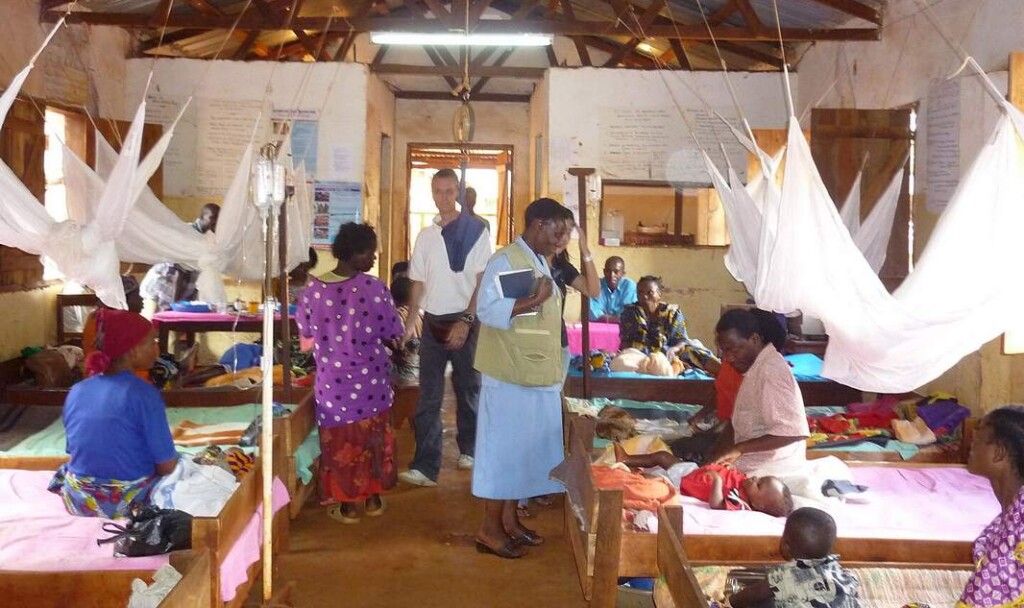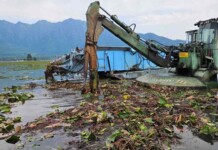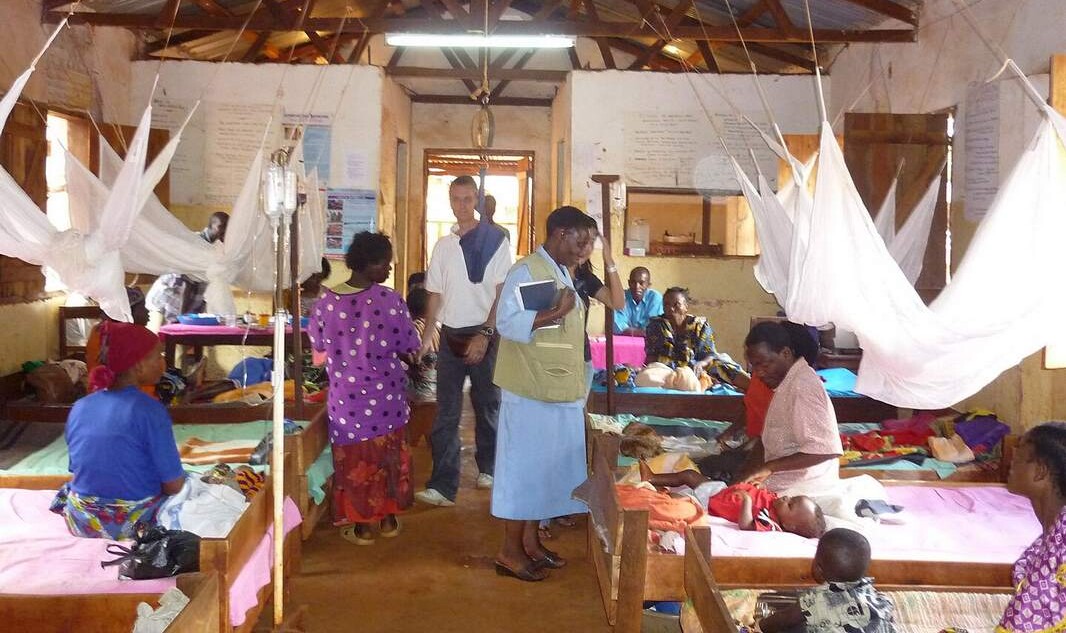
For years, aid workers knew that among all the billions being poured into aid foundations for Africa, if a measly few million could be spent on providing insecticide-treated mosquito nets for people to sleep under, it could do the same as a decade of pharmacological research looking for malaria treatments.
It actually did more: with one program that distributed 54 million nets over 3 years having saved 24,600 lives and prevented 13 million cases of malaria across 16 countries, according to estimates.
Called the New Nets Project, funded and implemented by Unitaid, Global Fund, and Innovative Vector Control Consortium, it aimed to rapidly distribute a pair of new mosquito nets, the first treated with chlorfenapyr, and the second pyroproxyfen—two next-generation insecticides that when combined with previous insecticides, proved to be more effective than standard nets.
Like bacteria developing resistance to antibiotics, some mosquito genera have developed resistance to insecticides that coat mosquito net thread. The nets still provide a barrier from physical entry, but only for a short time because the tight, lightweight weave tears easily.
According to a statement from Global Fund, between 2019 and 2022, the New Nets Project supported the distribution of 38.4 million mosquito nets across sub-Saharan Africa, while Global Fund’s collaboration with the office of the President of the United States saw the number increased to 56 million nets in Nigeria and 16 other countries.
In countries that reported insecticide resistance, the new nets increased control of the spread of the parasite by 20 to 50%.
The reduction in malaria cases and deaths from using the nets, compared to a standard net, equated to a potential $28.9 million in financial savings to health systems.
SHARE WITH YOUR FRIENDS: This is How Close We Are to Eliminating Malaria – 7.6 Million Deaths Averted in 20 Years, Thanks to Generous Nations
“We are delighted to see that the dual active ingredient insecticide-treated nets have demonstrated exceptional impact against malaria,” said Peter Sands, Executive Director of the Global Fund.
GOOD NEWS FROM THE MALARIA BELT: Cape Verde Becomes the First African Country in 50 Years to Eradicate Malaria
“The success of the New Nets Project is proof that, by fostering collaboration across global health partners, harnessing innovation, and using market-shaping approaches, we can fight insecticide resistance, make our interventions highly cost-effective, and accelerate progress against malaria.”
SHARE This Incredible, Underreported Progress With Your Friends…




















